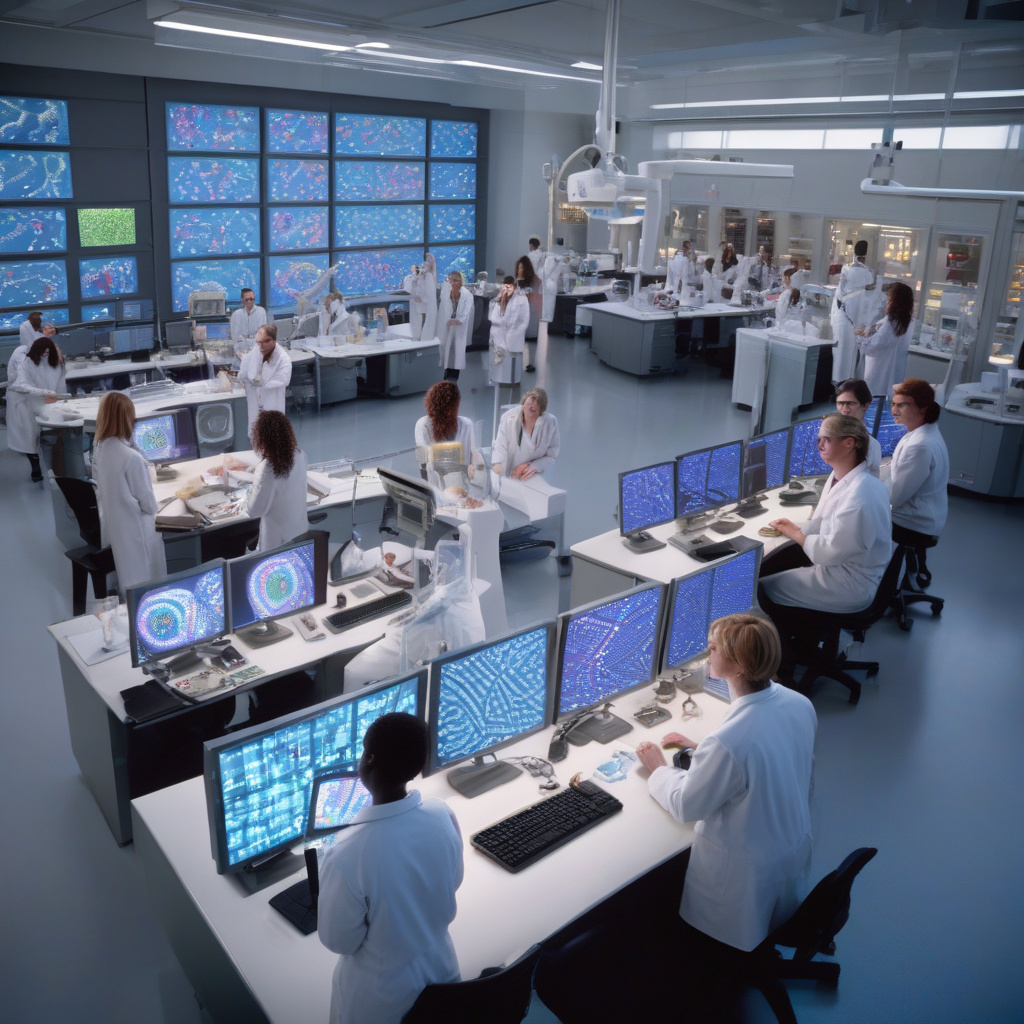UK: World’s First Artificial Human DNA Project Sparks Both Hopes and Fears
The first-of-its-kind synthetic human DNA is in the making by UK scientists. On June 26, a team of researchers from the University of Cambridge and the Francis Crick Institute announced their ambitious project to create artificial human DNA within the next five years. This groundbreaking initiative aims to revolutionize the field of genetics and pave the way for unprecedented scientific advancements. However, with great power comes great responsibility, as the project has sparked a heated debate among experts, ethicists, and the general public alike.
At the core of this project lies the goal of synthesizing the 3 billion base pairs that make up human DNA. By constructing this artificial genetic code from scratch, scientists hope to gain a deeper understanding of the fundamental building blocks of life and potentially unlock new possibilities in personalized medicine, biotechnology, and beyond. The implications of this endeavor are vast and could lead to groundbreaking discoveries that transform the way we approach healthcare and genetic engineering.
While the potential benefits of the artificial human DNA project are immense, it also raises significant ethical concerns. Critics argue that playing “creator” with human genetic material could have unforeseen consequences and blur the lines between what is natural and what is artificially engineered. The notion of tinkering with the essence of humanity itself has sparked fears of unknown risks, such as the creation of designer babies, genetic discrimination, and the potential for misuse of this technology.
Proponents of the project, on the other hand, view it as a crucial step towards unlocking the full potential of genetic research and personalized medicine. They argue that by deciphering the complexities of human DNA, scientists can develop innovative treatments for genetic disorders, improve disease prevention strategies, and ultimately enhance human health and longevity. Moreover, they emphasize the importance of robust ethical guidelines and regulations to ensure that the technology is used responsibly and for the greater good of society.
The artificial human DNA project represents a convergence of cutting-edge science, ethical considerations, and societal implications. As the UK takes the lead in this groundbreaking endeavor, the world watches with a mix of excitement and trepidation. The outcomes of this project have the potential to reshape the future of healthcare, biotechnology, and our understanding of what it means to be human. It is essential for stakeholders to engage in open dialogues, weigh the risks and benefits, and establish a framework that upholds ethical values while fostering innovation and progress.
In conclusion, the world’s first artificial human DNA project initiated by UK scientists has ignited a fierce debate surrounding the promises and perils of genetic engineering. As we stand on the threshold of a new era in science, it is imperative to approach this technology with caution, foresight, and a commitment to harnessing its potential for the betterment of humanity.
UK, Artificial Human DNA, Genetics, Ethics, Healthcare












